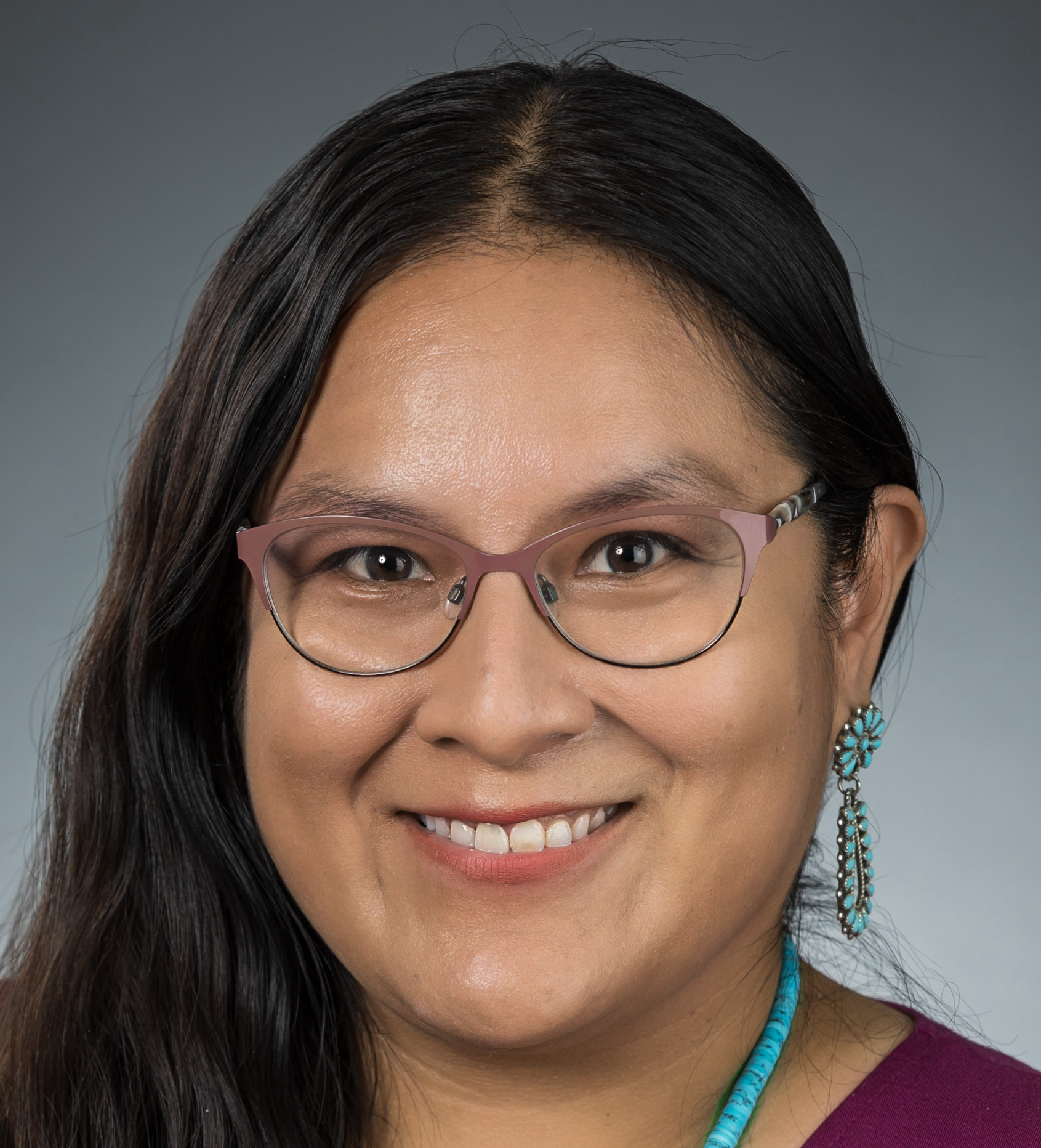Big data and artificial intelligence are growing more pervasive and are creating new, complex links between individuals and the many groups to which they might belong, including groups no one might have thought of as a “group” before. How should we think about questions of group privacy, discrimination, and group identity in this new world? Does it matter whether algorithms used in health care focus on identified groups that have been designated as protected classes, rather than more precisely (or amorphously) defined groups that may or may not align with some protected class boundaries?
The incorporation of genetics and genomics into medical care and the public domain raises new challenges for how we understand privacy and identity, concepts that have long been closely linked in American discourse.
Artificial intelligence (AI) healthcare technology can solve our most complex and intransigent health issues. It has the potential to enhance healthcare quality, improve access, reduce cost, and deliver highly personalized care. However, delivering those solutions requires large, historical, broadly representative, and well-organized data from an affected population as well as from the individual that is seeking care.


